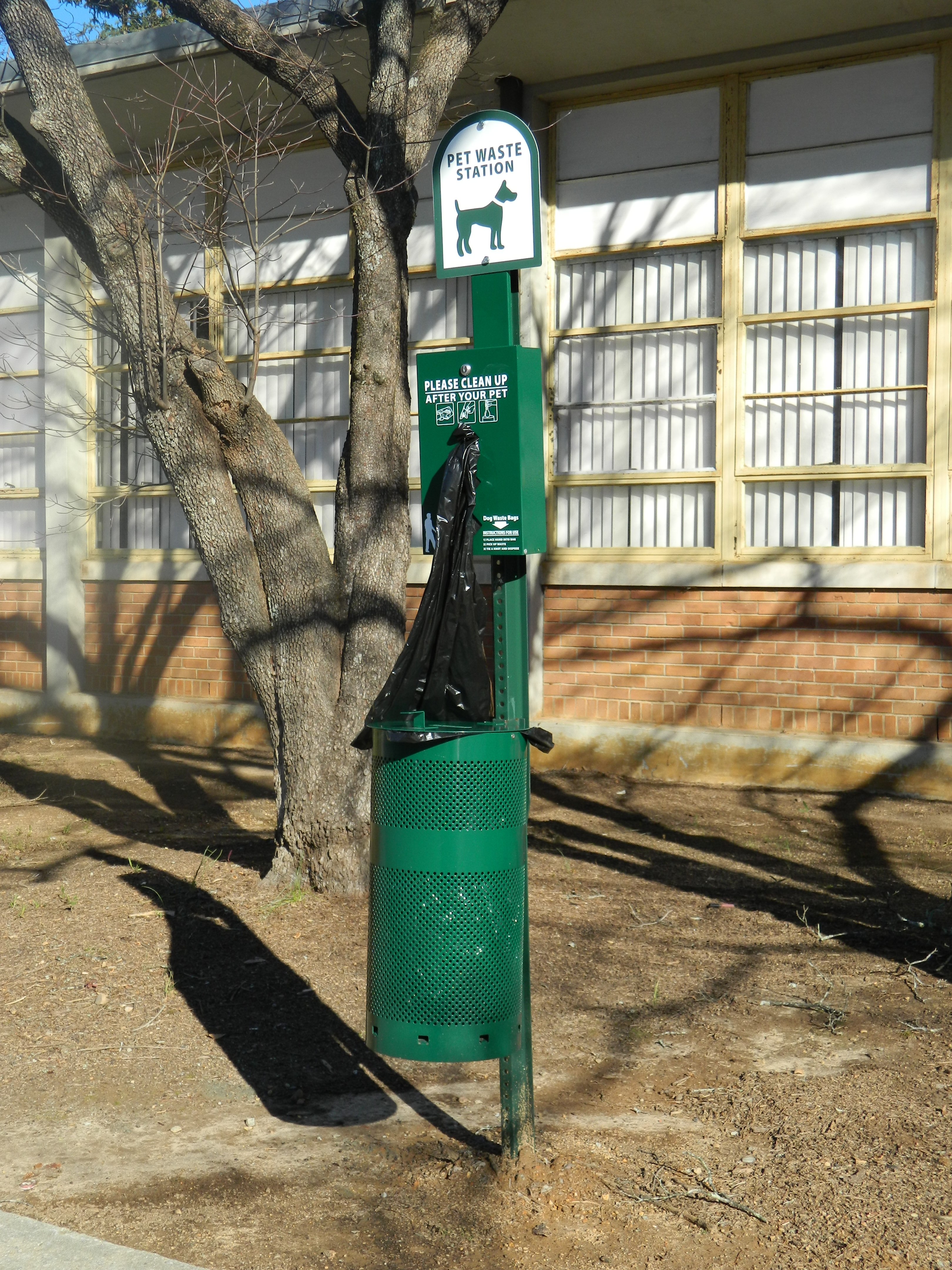|
Merda
Merda may refer to: * The Latin word for ''excrement'', used as a swear word in various languages * Marda, Salfit, old Western name of this West Bank village * Charles-André Merda Général de brigade Charles André Merda, baron Meda (10 January 1770 – 8 September 1812) was a French soldier. A National Guardsman in the Parisian National Guard from September 1789, then a gendarme from 1794, he participated in the arrest of ..., French soldier * Łukasz Merda, Polish football goalkeeper {{disambig ... [...More Info...] [...Related Items...] OR: [Wikipedia] [Google] [Baidu] |
Charles-André Merda
Général de brigade Charles André Merda, baron Meda (10 January 1770 – 8 September 1812) was a French soldier. A National Guardsman in the Parisian National Guard from September 1789, then a gendarme from 1794, he participated in the arrest of Maximilien de Robespierre on the night of 9/10 thermidor Year II (27 July 1794) and claimed to have fired the pistol shot which broke Robespierre's jaw and hit Couthon's helper in his leg. Under the First French Empire he was made a baron and changed his surname to Meda (sometimes spelt Méda). Whilst fighting as colonel of the 1er régiment de chasseurs à cheval (France), he was mortally wounded by a musket ball at the battle of Borodino The Battle of Borodino (). took place near the village of Borodino on during Napoleon's invasion of Russia. The ' won the battle against the Imperial Russian Army but failed to gain a decisive victory and suffered tremendous losses. Napoleon ... and was made a general on his deathbed. He was s ... [...More Info...] [...Related Items...] OR: [Wikipedia] [Google] [Baidu] |
Marda, Salfit
Marda ( ar, مرده) is a Palestinian town located in the Salfit Governorate of the State of Palestine, in the northern West Bank, 18 kilometers Southwest of Nablus. According to the Palestinian Central Bureau of Statistics, it had a population of 1,992 in 2007. According to Ellenblum, no remains from the Byzantine era have been found here. During the Crusader period, Diya' al-Din (1173–1245) writes that there was a Muslim population in the village,Ellenblum, 2003p. 244/ref> and that followers of Ibn Qudamah lived here. The maternal grandmother of Diya' al-Din came from Marda. Yakut (1179–1229) noted that Marda was a "village near Nablus." Sherds from the Crusader/Ayyubid and Mamluk era have been found here.Finkelsten, 1997, pp. 481-2 An important Hanbali judge, ''Amin-ed-dyn 'Abd-er-Rahman'', was born in the village in the early 15th century. Ottoman era Marda was incorporated into the Ottoman Empire in 1517 with all of Palestine, and in 1596 it appeared in the tax ... [...More Info...] [...Related Items...] OR: [Wikipedia] [Google] [Baidu] |
Feces
Feces ( or faeces) are the solid or semi-solid remains of food that was not digested in the small intestine, and has been broken down by bacteria in the large intestine. Feces contain a relatively small amount of metabolic waste products such as bacterially altered bilirubin, and dead epithelial cells from the lining of the gut. Feces are discharged through the anus or cloaca during defecation. Feces can be used as fertilizer or soil conditioner in agriculture. They can also be burned as fuel or dried and used for construction. Some medicinal uses have been found. In the case of human feces, fecal transplants or fecal bacteriotherapy are in use. Urine and feces together are called excreta. Skatole is the principal compound responsible for the unpleasant smell of feces. Characteristics The distinctive odor of feces is due to skatole, and thiols (sulfur-containing compounds), as well as amines and carboxylic acids. Skatole is produced from tryptophan via indoleacetic aci ... [...More Info...] [...Related Items...] OR: [Wikipedia] [Google] [Baidu] |
